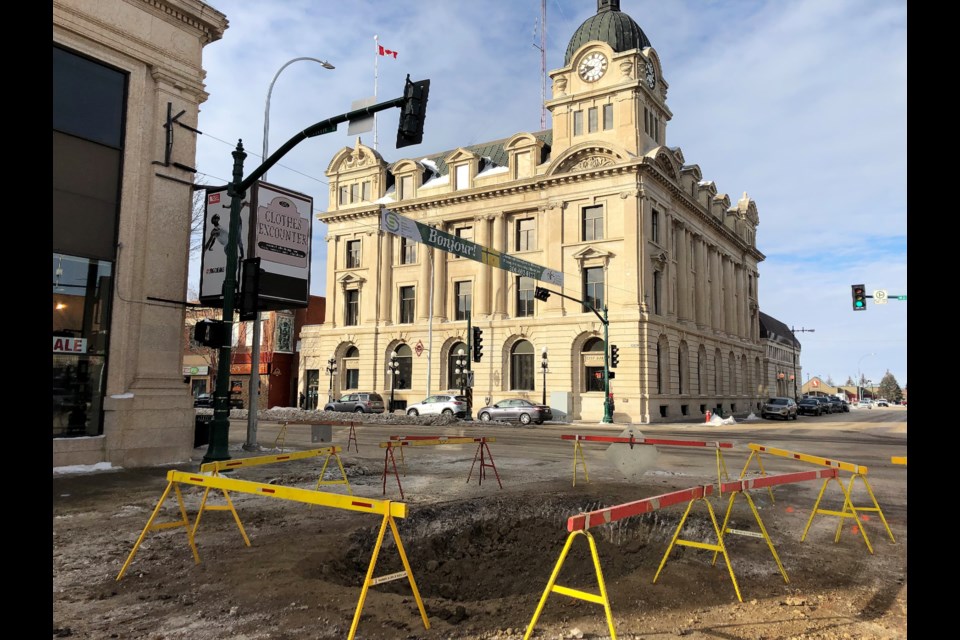This year Moose Jaw could experience the highest number of water main breaks it has ever seen, eclipsing the number of breaks it saw two years ago.
There were 22 water main breaks during the second quarter of this year, which is the same number experienced at this time last year, according to the engineering department. Meanwhile, there were 58 breaks during the first half of this year, compared to 47 during the same time last year.
The update from the department of engineering was part of an overall report presented to city council during its Aug. 12 regular meeting, which looked at all the activities of every department at city hall during the second quarter of this year.
Council voted 6-1 to receive and accept the report. Coun. Brian Swanson was opposed.
Since there are 11 more breaks this year compared to last year, this would put the municipality on track to experience the highest number of water main breaks on record, said Swanson.
That would be a fair statement, agreed Josh Mickleborough, the director of engineering.
According to the City of Moose Jaw’s website, cast iron water mains have averaged 40 to 50 breaks per year in the municipality. There were 116 breaks in 2017 and 97 in 2018. Over the last few years, the municipality has spent about $2 million annually on cast iron repairs.
Moose Jaw has received an additional $500,000 in federal funding to address water main breaks, said city manager Jim Puffalt. City hall has kept an eye on how the breaks have been progressing, and while the breaks are problematic, administration is looking at a variety of factors around this issue.
For example, city hall monitors the number of breaks per block. During the last four years, that number has been slowly decreasing. There were about 13 breaks per block, but that number has decreased to eight per block.
“It’s a positive trend,” Puffalt said.
Administration looks at the failures as a whole, he added. The water infrastructure components are big, but there can also be problems with the sewer mains and the catch basins. City administration believes it will be five to seven years “to turn the corner” before it can stem the flow of these infrastructure failures.
The next regular council meeting is Monday, Aug. 26.




